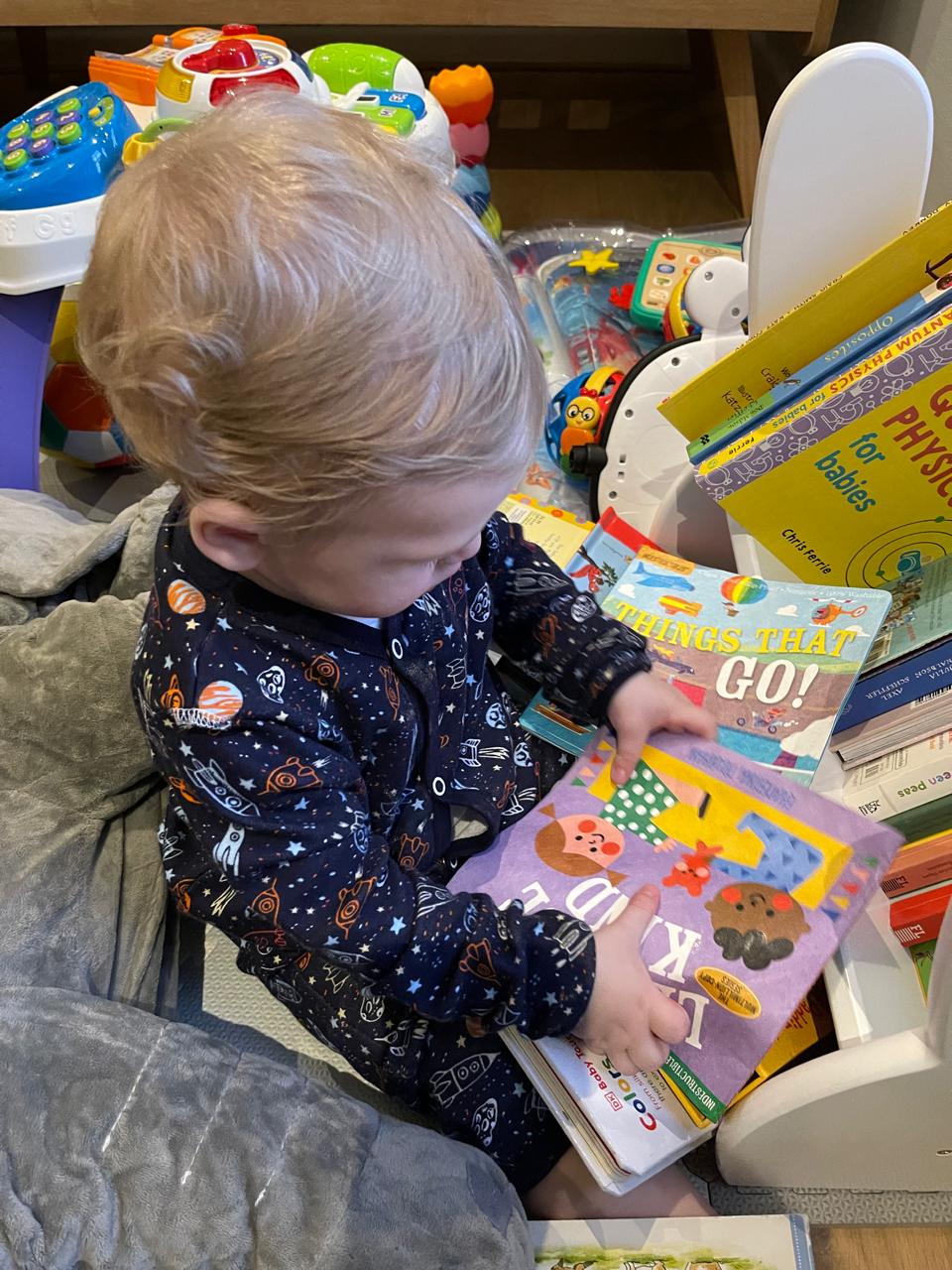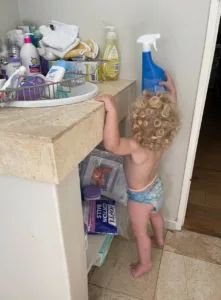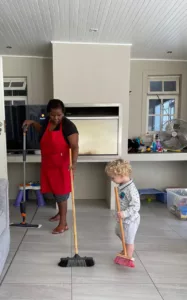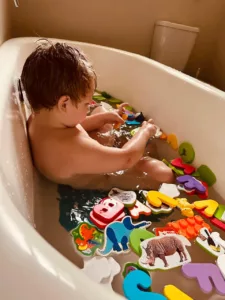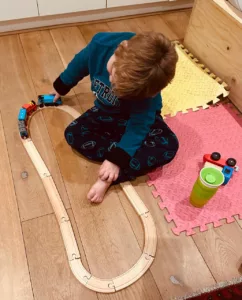This is such an important thing to talk about. Because wherever our kiddos are on the spectrum, our families need support. And the kind of support we need varies at different times along our journey.
And that support falls into five different categories:
- Emotional support
- Mental health support
- Physical support
- Wellness support
- Early intervention or educational support
Emotional support can be provided by friends, family, our partners and other special needs parents. If we’re lucky enough to have a “Village” we can lean on, a team player in our other half, and an online autism community, this can make a huge difference to our journey. If we are lacking in these things, the best thing you can do for yourself is find a supportive and gentle therapist. Things get hard along this journey. You need to be able to share your feelings with someone who can hold space for you, help you process what you’re experiencing, and offer you kind and useful feedback.
Mental health support for parents is absolutely critical. Many special needs parents can suffer from anxiety, overwhelm, depression, caregiver burnout, and even suicidal thoughts. When our kiddos are older, they too will likely need mental health support as they navigate new social environments and the working world. Both us and our kids can potentially benefit from medication – whether it’s just temporary or even long-term. Let me encourage you to find a great psychiatrist, have a thorough evaluation, and commit to regular check-ins – be it in person or even online. Our lives are already so beset by stigma, so please don’t let the unfortunate stigma around mental health counselling and medications, rob you of the chance to be fully supported. In order to be the best parents we can be for our kiddos, we first need to be ok ourselves.
Physical support is the kind we all most need and rarely receive. In typical families, aunts, uncles, and grandparents are readily available to take kiddos for a few hours or even overnight, to provide respite to exhausted parents. It seems to me, that a lot of autism families don’t have this option because a child with high needs doesn’t have too many willing babysitters. If you can, try to train up a childminder who can provide you with weekend respite care. Such people can be found via nanny or au pair agencies, might be studying early childhood education at university, or may work part time at an autism school. Take the time to research and reach out to potential candidates, interview them, if a good fit then shadow them in their jobs for a few weeks to grow their relationship with your kiddo. I’ve found that childminders really appreciate a binder of notes detailing likes, dislikes, triggers, and instructions for care routines. Further, that watching you interact with your child gives them a good read on how to do so themselves. Ultimately, in most cases, our extended families simply don’t provide this incredibly needed support. We find we have to rely on people we employ.
When it comes to wellness, it’s a great idea to gather a really strong team around your child. Take the time to find a wonderful and knowledgeable paediatrician, an allergist, a psychologist, a neurologist, a speech therapist, a physiotherapist, an occupational therapist, and a gastroenterologist. Autistic children don’t necessarily have immune disorders, but their general health and wellness can be affected by their autism. It’s important to stay on top of gut issues, pain, inflammation and illness, because all of these things contribute massively to adverse behaviours. We have to be a detective when it comes to our kiddos’ health as many children on the spectrum are nonverbal, non-speaking or only partially verbal. We need to stay on top of anything that might be causing them distress.
When it comes to early intervention or educational support, it’s widely accepted that the “window of opportunity” for the best learning is between the ages of 2-4 years old. This is our golden opportunity as parents, to implement early intervention therapies. This is the time those therapies have the most impact and can effect the greatest change. Between 2.5-4 years old is also the first most challenging stretch for autism parents because our kiddos aren’t developing expressive language like other toddlers, and so their frustrations and adverse behaviours are often more pronounced. Some of our kiddos aren’t ready for kindergarten at three years old. Some, not ready for grade R at five. But whenever they do enter the schooling system, they will likely need additional support. It helps enormously to start your research early. Speak to all of your wellness professionals to get an idea of what particular support may be needed. Then research the schools around you to see what’s amenities and in-classroom accommodations they provide to learners who are delayed. In so doing, you may discover that your child needs to stay home and in early intervention for a while longer. Or, that your preferred mainstream school might not be appropriate for your child. Or even, that an autism or specifically special needs school might be your best bet as a launching pad for formal education.
If you can keep your child’s own needs at the centre of any decision-making at this stage, they will thrive and progress. If you put your own desires ahead of what they can reasonably cope with, they will struggle. Let me reassure you that not even typical kids fit the mold for standard structured education. A lot are home schooled now. It’s ok if your kiddo starts down this path in a way that looks different to other people but ticks all their boxes and suits them far better. They will get there! In their own time, own way, and at their own pace – they will!
